Special Report
Publications
Articles, publications, books, tools and multimedia features from the U.S. Institute of Peace provide the latest news, analysis, research findings, practitioner guides and reports, all related to the conflict zones and issues that are at the center of the Institute’s work to prevent and reduce violent conflict.

Is the Middle East on the Verge of a Wider War?
Three months after the Hamas terror attack on Israel, reverberations from the ensuing conflict in Gaza threaten to engulf the region in a wider war.
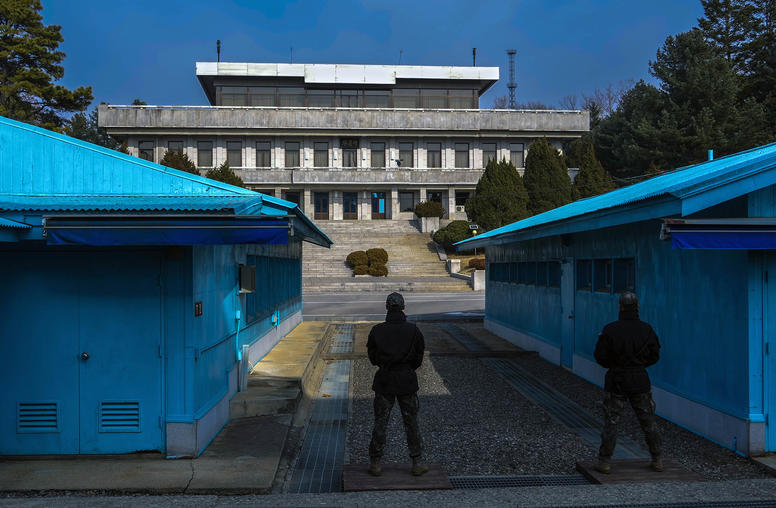
Exploring Peaceful Coexistence with North Korea
The United States and North Korea coexist today in an antagonistic, high-risk stalemate. The Kim Jong Un government, feeling besieged by a “hostile” U.S. policy and fearing the potential for regime change, has centered its national defense strategy on strengthening deterrence through nuclear weapons. Facing this intractable nuclear threat, the Biden administration has reinforced a coercive, pressure-based approach that relies on diplomatic isolation, military deterrence and economic sanctions to contain, if not change, North Korea’s defiant behavior.
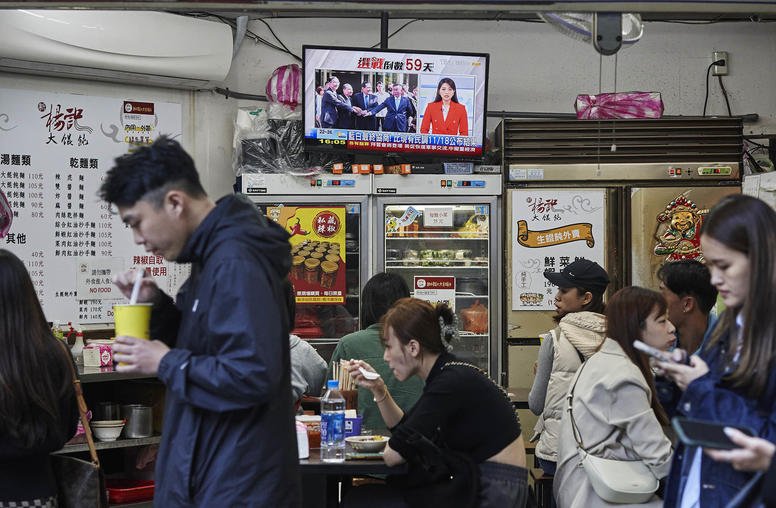
Taiwan’s Election Poses a Test for Island’s Ties with China
On January 13, Taiwanese will elect a new president in a race that is likely to have significant implications for the island’s relations with China as well as U.S.-China relations, regardless of who wins.

Opposition Boycott Clears Path to a Fourth Term for Hasina in Bangladesh
Bangladeshi Prime Minister Sheikh Hasina is set to win a fourth consecutive term in general elections on January 7. A boycott by the Bangladesh Nationalist Party (BNP), the South Asian nation’s main opposition party, will ensure the success of Hasina’s Awami League (AL) despite the grim economic state of the country.

Disinformation Casts a Shadow Over Global Elections
This year will be one of the most consequential in recent memory, as more than 50 elections will take place in countries across the world covering nearly 2 billion people. With the role of technology increasing in a multitude of sectors, communications technology (i.e., social media platforms and messaging apps) and artificial intelligence (AI) are poised to have varying levels of impact on the elections in 2024. Without strong collaboration and planning between peacebuilders, civil society, technology companies and governments, the fallout from unmanaged technology use around the elections will be far reaching, from an increasing inability to discern fact from fiction to distrust in democratic political processes.

Susan Stigant on the Recent Crises in the Red Sea
While the U.S. tends to separate its policies on Africa and Middle East, USIP’s Susan Stigant says recent crises in the Red Sea highlight that “this is really an interconnected space” that currently lacks “any infrastructure … that connects together those who are making decisions” along the sea’s eastern and western shores.
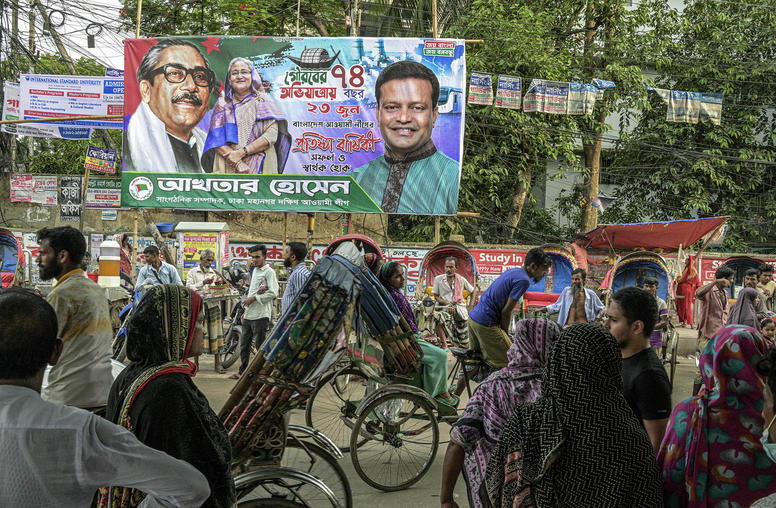
What Does Bangladesh’s Upcoming Election Mean for its Foreign Policy?
Bangladesh is getting more international attention for two very different reasons. Domestically, Bangladesh’s tumultuous political situation ahead of the January 7 parliamentary elections has elicited global scrutiny. The United States, through its rhetoric and actions, has led international actors pushing Bangladesh to improve its democratic processes and calling for dialogue to resolve the current political impasse, which has often received harsh retorts from the Awami League (AL) government. Countering Western pressure, Russia and China have condemned U.S. “meddling” while India has called the upcoming polls an “internal matter.”
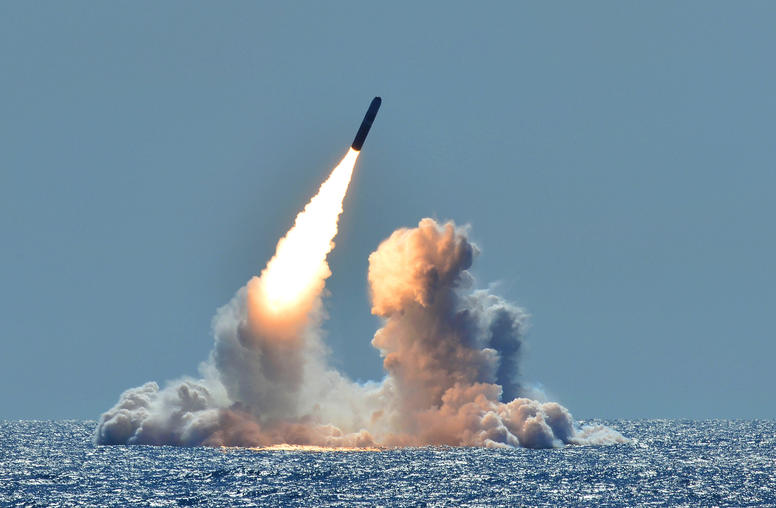
Three Takeaways from the Strategic Posture Commission’s Report
In November, USIP hosted the heads of the Strategic Posture Commission (SPC), Chair Madelyn Creedon and Vice Chair Jon Kyl, to talk about their recent report on the future of the United States’ strategic posture.
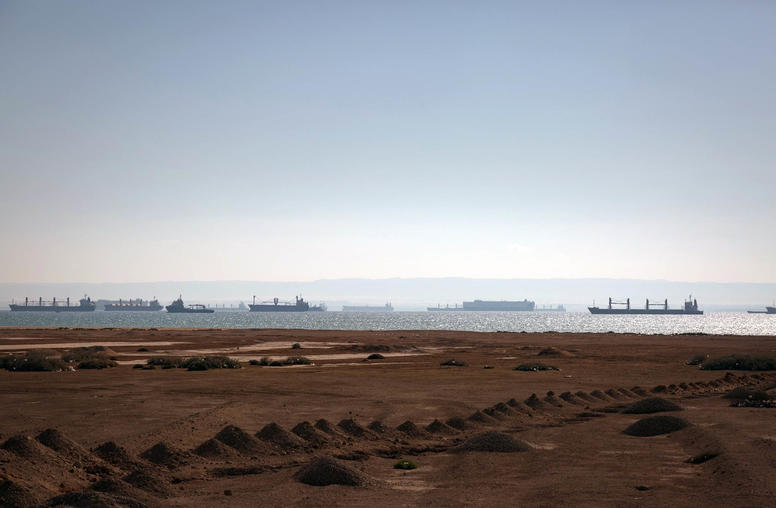
Houthi Attacks in the Red Sea Disrupt Global Supply Chains
Drone and missile attacks by Yemen-based, Iranian-backed Houthi rebels on ships in the Red Sea have disrupted global supply chains. The United States has responded to these attacks by shooting down Houthi drones, and the Biden administration has set up a 10-nation naval task force to protect ships traveling along this important route.
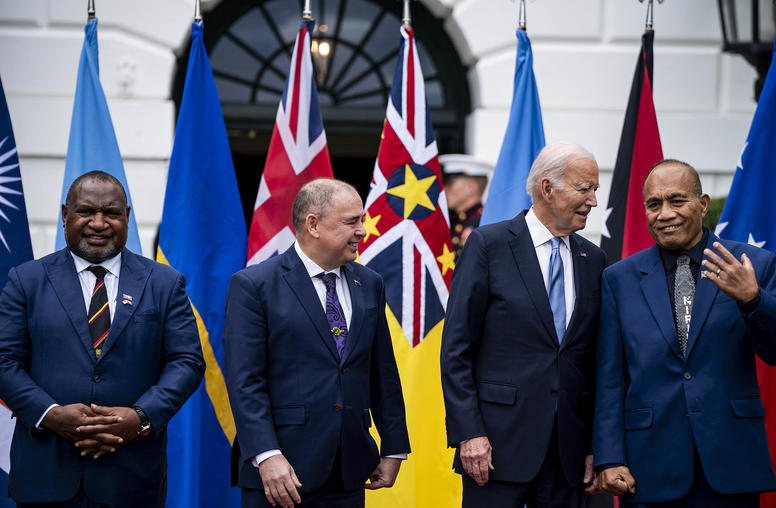
Deepening the U.S.-Papua New Guinea Relationship
As the largest, most populous and most strategically located nation in the region, Papua New Guinea (PNG) is, not surprisingly, at the epicenter of reinvigorated U.S. efforts to reengage the Pacific Islands. The year 2023 has been a big year for the U.S.-PNG bilateral relationship. However, given recent pushback against U.S. initiatives in PNG, deepening the relationship will require some work.